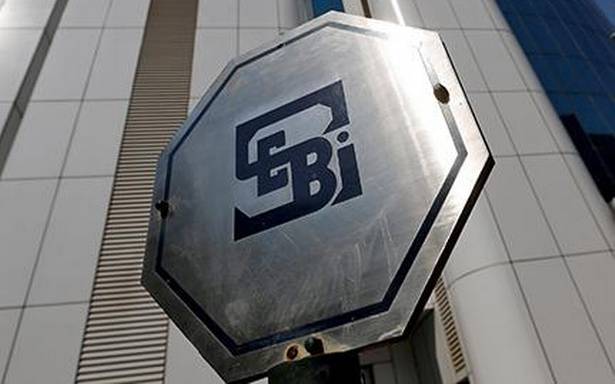‘Rating agencies to track use of funds’
The Securities & Exchange Board of India (SEBI) on Tuesday approved amendments to a slew of regulations to tighten the Initial Public Offering (IPO) process and norms governing utilisation of IPO proceeds by promoters.
In its board meeting, SEBI approved conditions for sale of shares by significant shareholders in the Offer-For-Sale (OFS) process via an IPO and has extended the lock-in period for anchor investors to 90 days.
Shares offered for sale by shareholders with more than 20% of pre-issue shareholding of the issuer, should not exceed 50% of their holding. If they hold less than 20%, then the offer for sale should not exceed 10% of their holding of the issue.
SEBI said the existing lock-in of 30 days for anchor investors would continue for 50% of the portion allocated to such investors. For the remaining portion, lock-in of 90 days from the date of allotment will be applicable for all issues opening on or after April 1, 2022.
These changes are as per proposals recommended by SEBI’s Primary Market Advisory Committee.
The regulator also approved a cap on IPO proceeds earmarked for acquisitions of unspecified targets and from now, funds reserved for general corporate purposes will be monitored by credit rating agencies.
If the issuer company sets out an object for future inorganic growth but has not identified any acquisition target in its offer documents, the amount for such objects and the amount for general corporate purpose shall not exceed 35% of the total amount being raised, SEBI said.
The limit will not apply if the acquisition object has been identified and disclosures are made in the offer documents.
The regulations come amid several new-age technology firms lining up with IPO applications, several intending to allow an exit to private equity investors through the OFS route.
Credit rating agencies registered with the SEBI will be permitted to act as monitoring agencies instead of scheduled commercial banks and public financial institutions, SEBI said.
“Such monitoring shall continue till 100% instead of 95% utilisation of issue proceeds as at present,” it said.
As per the amendments, Special Situation Funds (SSFs) will now invest only in stressed assets which will be introduced and such funds will have a minimum corpus of ₹100 crore.
“SSFs will invest only in stressed assets such as stressed loans available for acquisition in terms of RBI norms or as part of a resolution plan approved under the Insolvency and Bankruptcy Code,” SEBI said.
“These funds will also invest in security receipts issued by Asset Reconstruction Companies (ARCs), securities of companies in distress and any other “asset/security as may be prescribed by the board from time to time” it added.
Winding up MF schemes
Winding up of mutual fund schemes would now be possible only after the consent of majority unitholders.
“Trustees will have to obtain consent of the unitholders by simple majority of the unitholders present and voting on the basis of one vote per unit held and publish the results of voting within 45 days of the publication of notice of circumstances leading to winding up,” it said.
If trustees fail to obtain consent, the scheme should be open for business from the second business day after publication of results of voting, it added.
The regulator has also rationalised settlement proceeding norms. Now the time period for filing settlement applications by entities will be 60 days from the date of receipt of the show-cause notice or a supplementary notice, whichever is earlier.
Further, the time period for submission of revised settlement terms form, after the Internal Committee (IC), will be rationalised to 15 days. This will be from the date of the IC meeting.
The time period for remittance of the settlement amount and compliance with all the settlement terms will be rationalised. All payments under the settlement regulations will be accepted only through a dedicated payment gateway, SEBI said.
SEBI has also made changes on preferential allotment norms on pricing and lock-in requirements to make easier for companies to raise funds through preferential allotment of shares.
It has also decided to allow pledging of shares allotted to promoters or promoter groups under preferential issue during the lock-in period.
Source: Read Full Article

